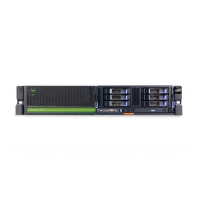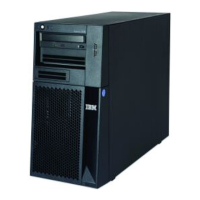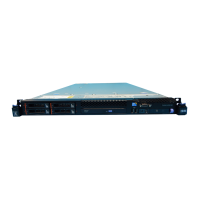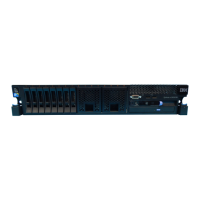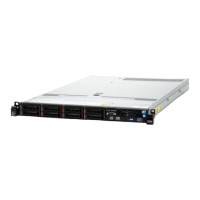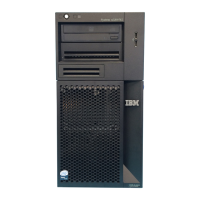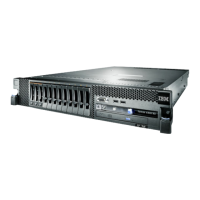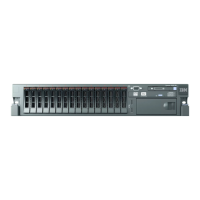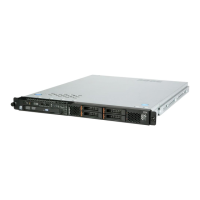iSeries Architecture: Fundamental Strength of the iSeries 31
iSeries Architecture: Fundamental Strength of the iSeries
iSeries Business Intelligence Solutions
What is Business Intelligence?
Business Intelligence (BI) turns corporate data into meaningful business information. It can
help you understand business trends and make better forecasting decisions. It can be used to
bring better products to market in a more timely manner. It can be used to analyze daily sales
information and make snap decisions that can significantly impact your company's
performance. Business Intelligence provides a means for you to become familiar with who
your customers are.
Business Intelligence turns corporate data into decision support information. Business
Intelligence solutions have become much more affordable due to new innovations in software
and hardware. One of these key technologies is data warehousing. Data warehouses provide
the plumbing for Business Intelligence applications. The advent of data warehouse
technology and industry specific Business Intelligence applications have made
implementations meaningful and cost effective.
iSeries Enabling Technology
The iSeries servers offer state-of-the-art 64-bit relational database processing. The system
has been optimized for a Business Intelligence environment with customized hardware
(iSeries servers) and optimized software (DB2/400, SMP for DB2/400, DB2 Multi-System,
and Data Propagator Relational). These hardware and software functions combine to make a
powerful Business Intelligence server that is easy to install, manage, and use.
With iSeries server open interfaces, hundreds of tools can be used to provide Business
Intelligence solutions accessing DB2/400 data transparently. Such tools include desktop
analysis tools (Business Objects, for example) and sophisticated multi-dimensional analysis
(commonly referred to as OLAP) tools (Essbase/400, for example), with no special
programming required.
SMP for DB2/400
provides parallel query processing. This allows multiple processors in a
single server to collectively work on a single query, which can improve query performance by
as much as 400%.
DB2 Multi-System
support provides clustering for the iSeries and allows
up to 32 servers to be “clustered” together into a single system. This clustering provides
almost unlimited scalability and unparalleled performance for customers. The combination of
all of these advanced features has dramatically improved system performance so much that
customers using UNIX systems, PC servers, and even large specialized parallel servers have
converted from these machines to iSeries servers.
Data replication is an important technology to facilitate the automated loading of data
warehouses while cleaning up or summarizing data for integrity and performance purposes.
DataPropagator/400 provides asynchronous data movement between OLTP systems and
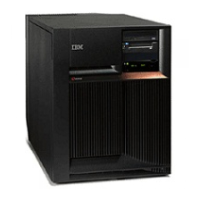
